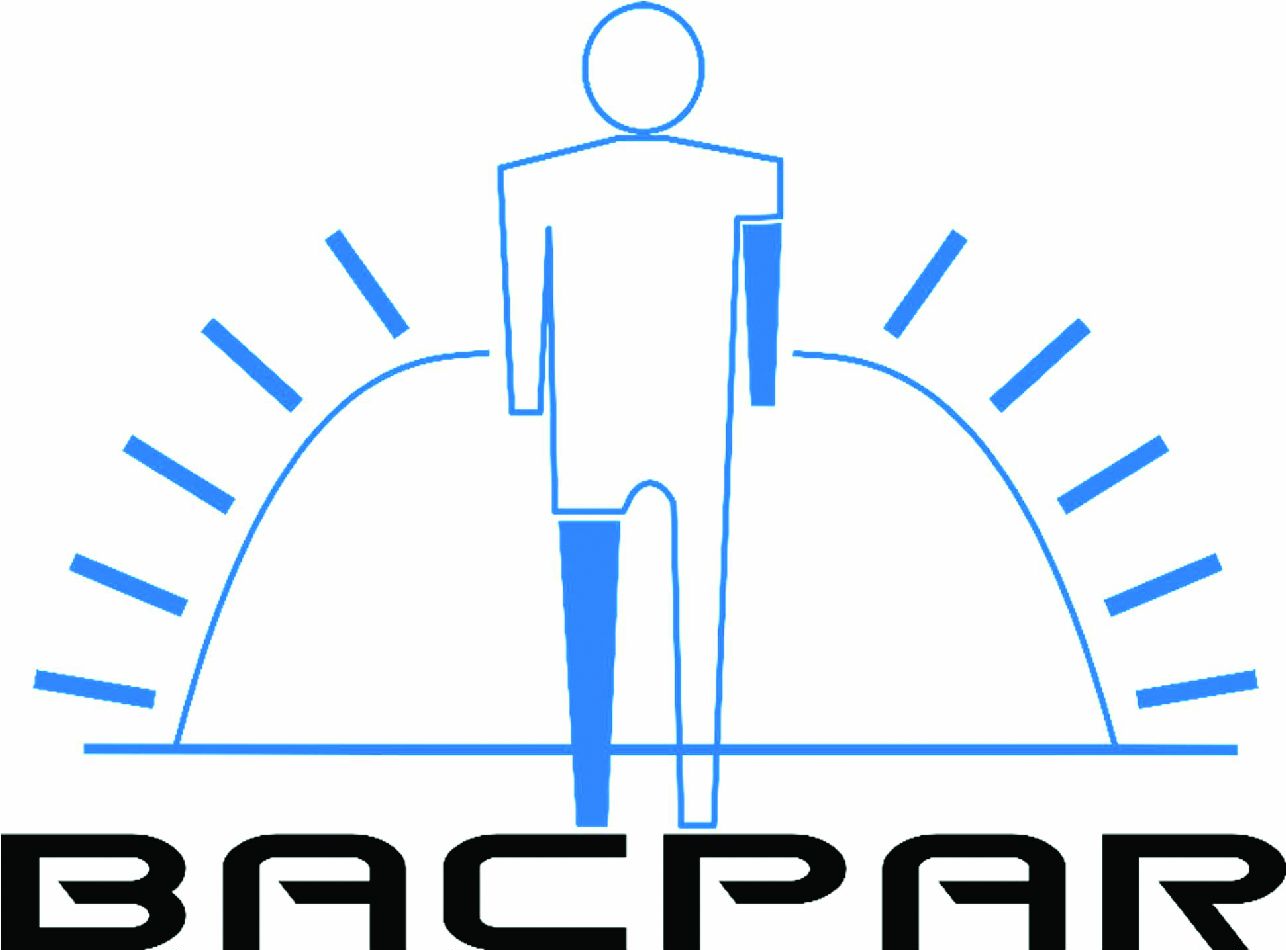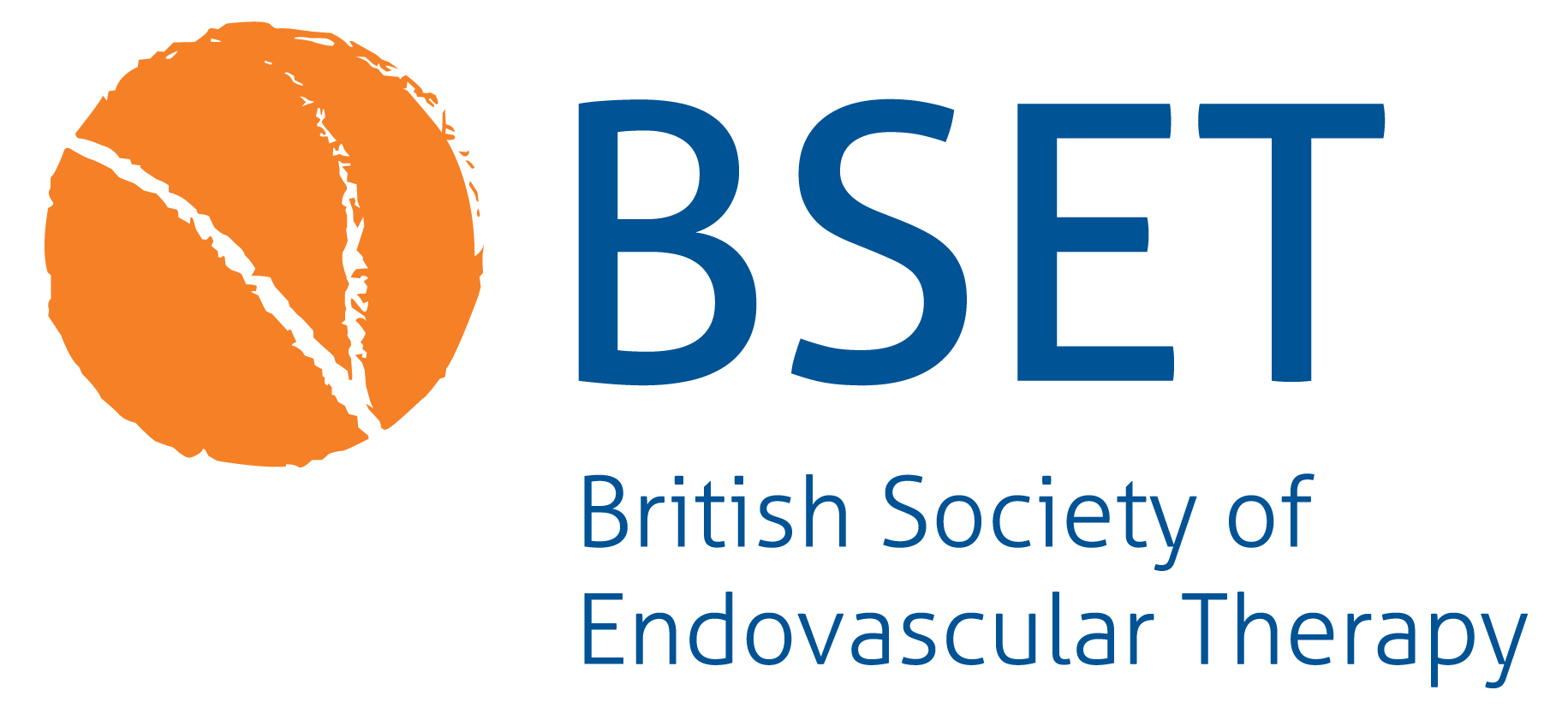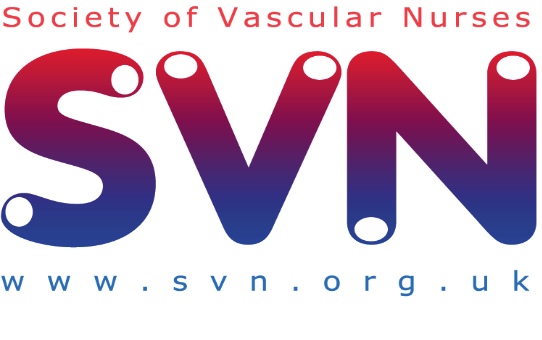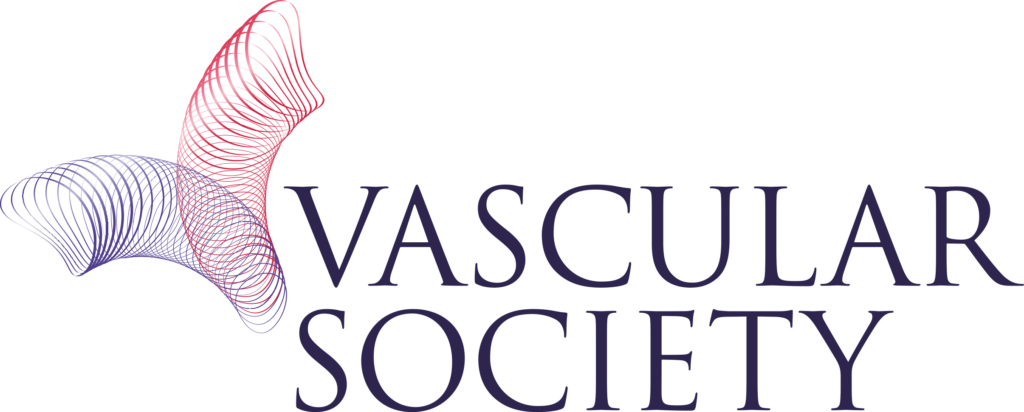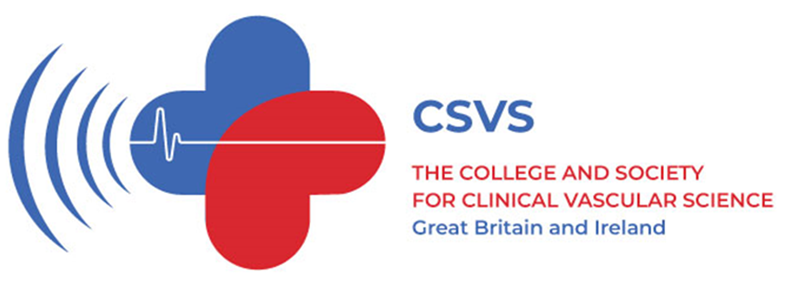Review
Carotid webs: a review of diagnosis and management strategies in current literature
Introduction Carotid Webs (CaW) are non-atherosclerotic fibrous bands which present as shelf-like linear intraluminal filling defects, often on the posterior wall of the carotid bulb or the proximal internal carotid artery, causing turbulent flow (Figures 1-5).1-4 The condition was first described by Ehrenfeld in 1967 and is often referred to as atypical fibromuscular dysplasia…
Read MoreSafety and efficacy of tranexamic acid in major non-cardiac vascular surgery: a systematic review and meta-analysis
Introduction Tranexamic acid (TXA) is a synthetic lysine analogue that inhibits the conversion of plasminogen to plasmin, thereby inhibiting fibrinolysis.1 Large pragmatic randomised controlled trials (RCTs) have demonstrated that TXA is associated with a reduction in mortality in patients with major traumatic haemorrhage,2 postpartum haemorrhage3 and mild to moderate traumatic brain injury4; reduced transfusion requirements…
Read MoreA contemporary review of the diagnosis and management of vascular Ehlers–Danlos syndrome
Introduction Ehlers–Danlos syndrome (EDS) is a recognised connective tissue disorder that affects collagen and extracellular matrix function. EDS is a cluster of 13 inherited conditions/types (19 different causal genes) which vary in incidence, clinical presentation and natural history.1 The most common of these is that of hypermobile EDS which has an incidence of approximately 1:10,000…
Read More
